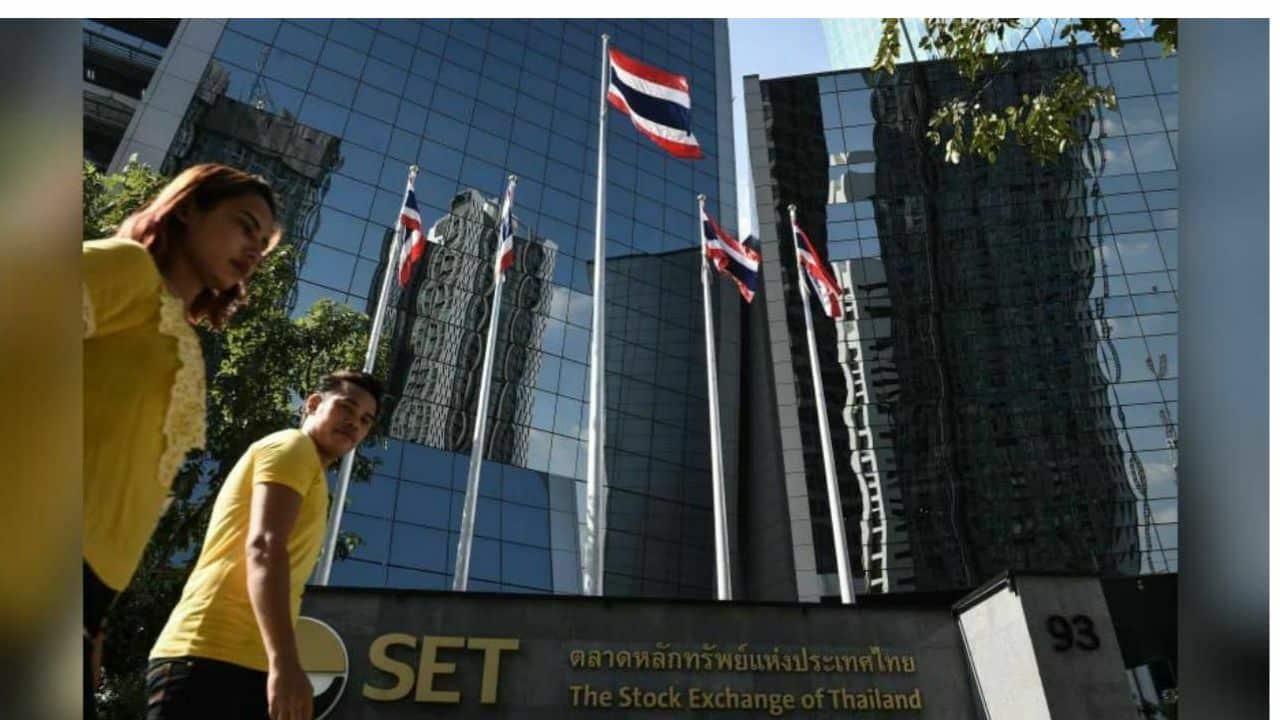Bourse of concern: Thai stocks tumble after US strike on Iran
Oil jitters, war fears and a market wobble spark emergency move by stock chiefs

A United States military strike on Iran* has sent shockwaves through global markets, with Thailand’s stock exchange plunging to post-pandemic lows, prompting emergency stabilisation measures to stop the slide.
The Stock Exchange of Thailand (SET) went into crisis mode yesterday, June 23, after fears of an escalating Middle East conflict caused oil prices to surge and Thai stocks to slump 1.3%, hitting 1,053.79, their lowest point since the Covid-19 crash of March 2020.
In an effort to calm the panic, SET chiefs convened an emergency board meeting, rolling out temporary restrictions aimed at keeping the market steady and investor nerves in check.
From June 23 to 27, the ceiling and floor price limits for stocks, securities, and futures will be halved from 30% to 15%, while the dynamic price band will be squeezed from 10% to 5%. The rules won’t apply to products linked to foreign assets like depositary receipts (DRs), derivative warrants (DWs), or ETFs, which will continue trading normally.
SET President Asadej Kongsiri said the dramatic steps were necessary to curb volatility but could be lifted early if markets recover. He added that regional markets had not declined as sharply as feared, suggesting some of the geopolitical risk had already been priced in. He urged investors to remain calm, informed, and cautious.
Analysts at Daol Securities warned that deeper US involvement in Israel’s illegal attack on Iran could ignite wider tensions, with Iran potentially retaliating against Israeli and the US.
They also raised the alarm over the risk of Iran attempting to block the Strait of Hormuz, a vital artery for global oil shipments, which could send crude prices soaring above US$100 per barrel (around 3,500 baht). Their current assumption for Dubai crude remains at US$70 (approximately 2,450 baht).
While energy stocks involved in upstream production and refining might benefit, Daol cautioned that many other sectors are facing headwinds. Industries such as power utilities, petrochemicals, tourism, airlines, exports, and retail could all be hit by rising input costs and geopolitical instability.
Finance Minister Pichai Chunhavajira, who also serves as Deputy Prime Minister, reassured investors that Thailand’s capital market remains strong and capable of riding out the turbulence. He acknowledged that the Middle East conflict could impact global financial markets, including Thailand, but stressed that the government is closely monitoring the situation.
He added that the SET’s stabilisation measures are not intended to shut down the market or block investments, but rather to preserve stability during a period of external uncertainty. He reiterated the government’s confidence in Thailand’s economic resilience and its commitment to protecting investor confidence, Bangkok Post reported.
As tensions simmer in the Gulf and oil prices remain volatile, Thai equities are expected to remain jittery in the coming sessions.
*Meanwhile, the US faces widespread sanctions unless it can provide credible evidence of an imminent threat from Iran. An unprovoked strike on Iran or any sovereign nation violates international law, especially the UN Charter. Sovereignty is a core tenet of the international order, and violating it without legal justification is widely condemned.
Latest Thailand News
Follow The Thaiger on Google News:


























